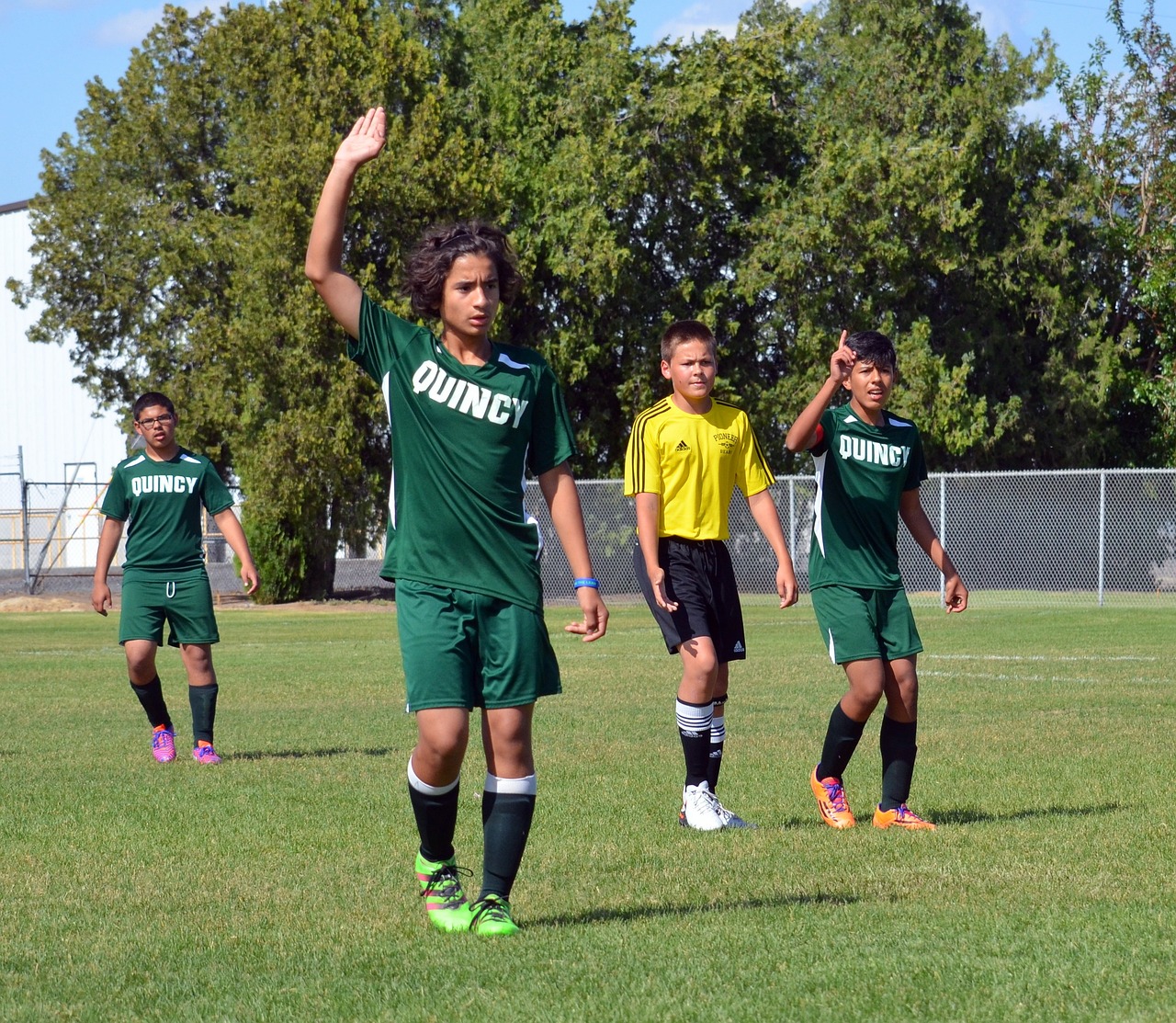Whether helping the people in need is part of their self-actualization goals, or they want that particular career path, being a therapist isn’t exactly for everyone. It’s in our nature as humans to have a hard time coping with our feelings and solving our behavior problems. It’s hard, but a therapist does that for a living!

Do you think you could do their work – to be on the other end of when a person is seeking help? What if you give the wrong advice? What if your words won’t make them better? Helping people to change for the better can be a burden on someone, and it takes an extraordinary person to do that. “While some therapists do specialize in severe emotional disturbances—including schizophrenia or suicidal thoughts—many focus on simply helping clients work through far more typical, everyday challenges like mapping out a career change, improving parenting skills, strengthening stress management skills, or navigating a divorce,” says Suzanne Gelb Ph.D.
Therapists are awesome! Here’s why we have them to thank for our well-being:
They Help Us To Become Brave And Honest
Therapy may not be appealing to other people. But even if it’s quite intimidating, and scary at times, having a meaningful takeaway after every session is an understatement. Therapists don’t always share their personal experiences. However, they surely understand your feelings and do their best to make sure you feel better. They listen with their hearts, as you pour out your thoughts and feelings to them. ” Listening and empathy skills are the hallmarks of good communicators, leaders, and therapists,” wrote Diana Raab Ph.D. A simple ‘Thank You’ letter after a fact of therapy is always welcome.
They Help Us Deal With Our Strong Feelings

Some people need guidance in dealing with somewhat difficult feelings. Sally High, LMHC, says, “I help my clients overcome issues keeping them caught in unhealthy and destructive patterns that no longer serve a purpose. I am eager to help you and feel honored to assist in this journey. There are good therapist and then there are transforming therapist.”
For example, there are those teenagers who feel very shy or uncomfortable at school. Maybe it’s the transition from a different school to another, but the shyness gets in the way of making friends. A therapist helps by giving advice and encouraging you to act on your problem using the right direction. In some major cases, a patient may be feeling dangerous pent-up anger for a family member, or friend, and is getting aggressive and violent. Therapists help calm down and make the patient see reason. They acknowledge the difficult emotions and teach you positive ways to react. Again, not an easy feat.
They Help Us Enjoy Life More
When someone is busy, stressed, and depressed – that person seems to have the weight of the world on his or her shoulders. Therapists remind and encourage you to look for the positive things in life when you can’t see it. They point in the direction of where you should go and explain how it can make life worthwhile.
They Teach You That It’s Okay To Ask Help
One of the many myths of therapy is that “it doesn’t work.” In fact, some people think it’s a waste of time and money. You can read books and many online articles, keep the problems to your own, or try and solve them. It will be hard. Some people feel as if they can take on everything when they can ask for help. Professionally certified therapists are experts in how humans process thoughts and emotions. They’re often your “mind coach.”
They Strive To Make Your Future Bright

There’s a common misconception that going to therapy means it would need to go on forever. That’s false. Therapy is temporary, but its effects are what’s long-lasting. Therapists help you work your stuff while teaching you the tools on how you could handle future “incidents.” The positive gains “continue and grow over time” as some of the work gets further consolidated after taking therapy.












